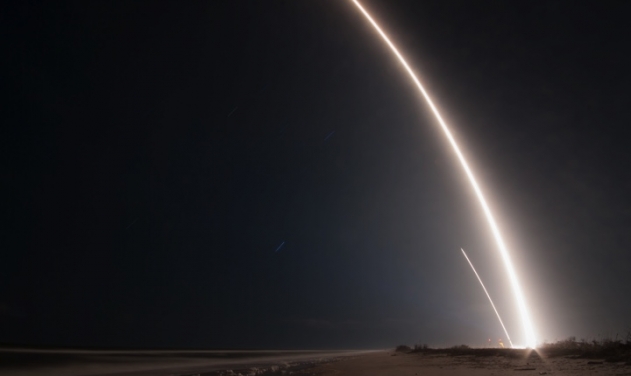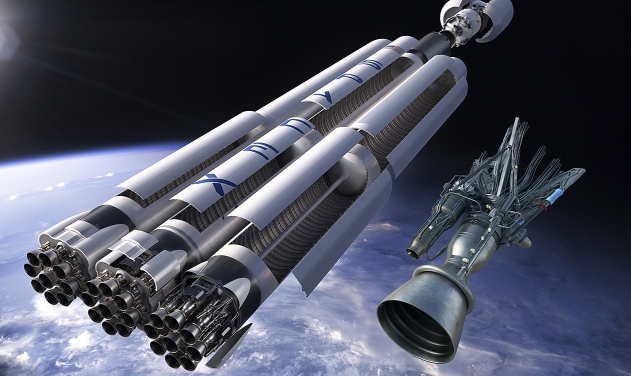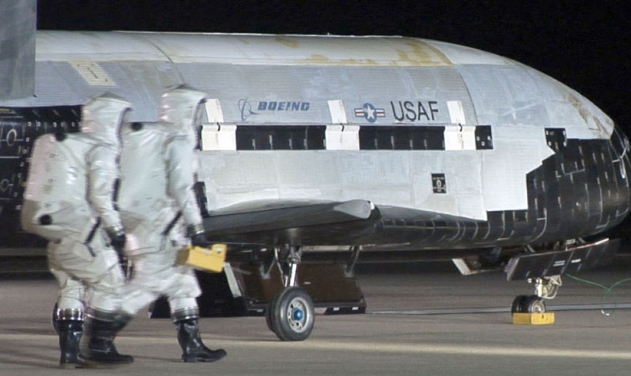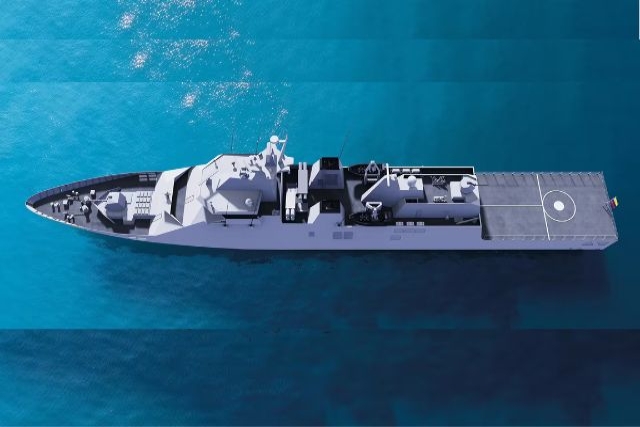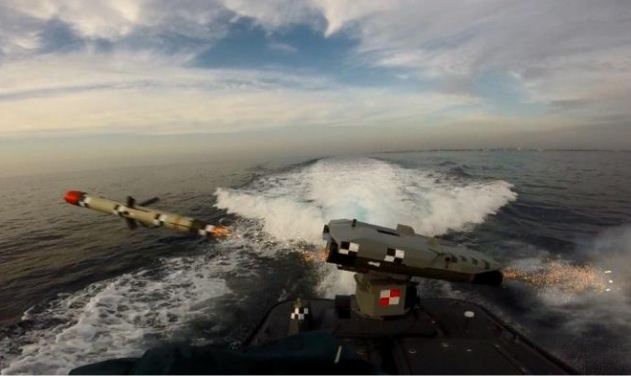Roscosmos to Cut Launch Price by 30% to Compete with SpaceX
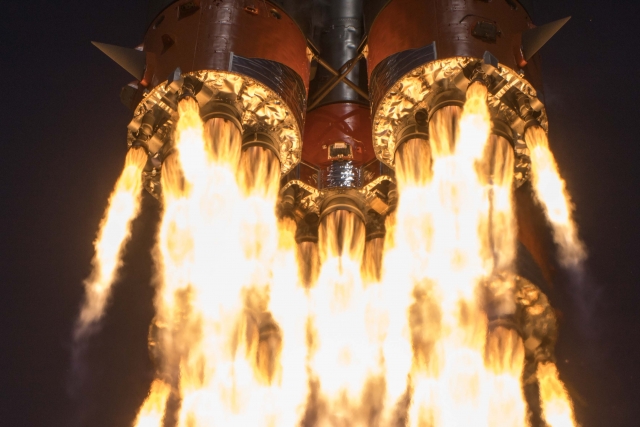
Russian space agency Roscosmos has offered to cut prices of its satellite and space launch services by 30% to compete with SpaceX, the US-based private launching company that is offering satellite launches with reusable launchers.
The plan to slash costs was revealed by Dmitry Rogozin, head of Roscosmos, on Friday. “The pricing procedure we have proposed is, in fact, our response to dumping from American companies funded from the US budget,” Rogozin was quoted as saying by defense ministry-owned Zvezda.
Rogozin claims that SpaceX charges NASA $60 million for space launch services. “NASA is currently paying one and a half to four times more for the service, than we are willing to offer,” he said.
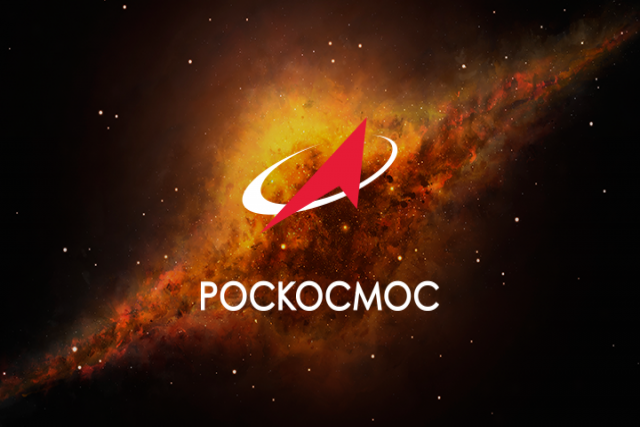
This is not the first time Russia’s state-owned space corporation has tried competing with the American company. In September of last year, Moscow-based RBC news website reported that Roscosmos plans to build its own reusable Argo spaceship for $9.8 billion and supply the International Space Station (ISS) by 2024.
Since the US space shuttles were retired in 2011, Roscosmos has charged NASA an estimated $70 million for each seat aboard its rockets. Elon Musk, the founder of SpaceX, promised to undercut that significantly, wrote The Moscow Times citing RBC.
“A Dragon flight under a state contract could cost $40 million, a Progress flight around $20 million. One can assume Argo will be cheaper due to its reusability,” said independent space expert Vitaly Yegorov.
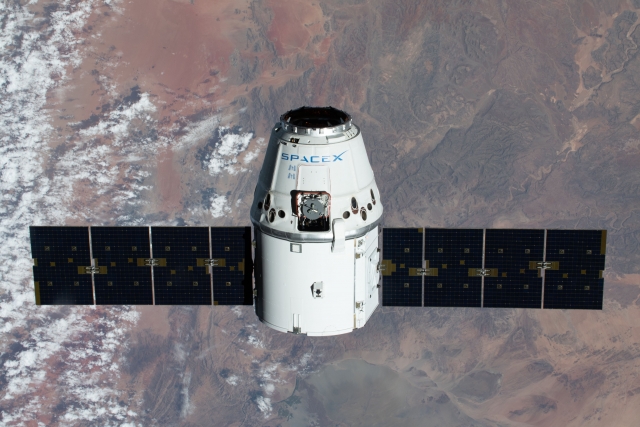
SpaceX:
SpaceX was founded in 2002 to design, manufacture and launch advanced rockets and spacecraft. It is the only private company capable of returning a spacecraft from low Earth orbit, which it first accomplished in 2010. In 2012, SpaceX-built Dragon spacecraft became the first commercial spacecraft to deliver cargo to and from the International Space Station.
SpaceX achieved the first reflight of an orbital class rocket in 2017, and the company now regularly launches rockets. A year later, in 2018, SpaceX began launching Falcon Heavy, the world’s most powerful operational rocket by a factor of two.
